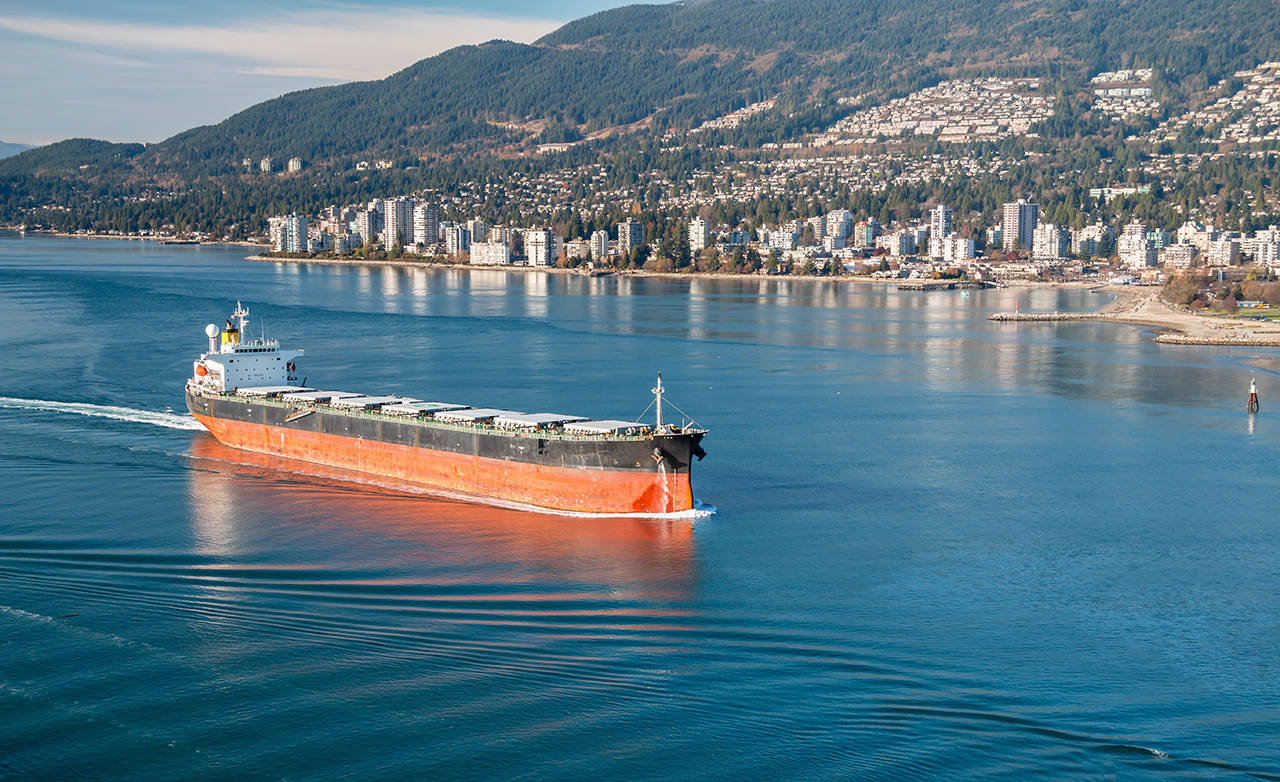Another legal roadblock was put in the path of the Trans Mountain pipeline in Canada. The Canadian Federal Court of Appeals overturned the country’s approval to move forward with construction of the controversial oil pipeline on Aug. 30.
“Today’s decision is a major win for Indigenous Nations and for the environment,” said Greenpeace USA Tar Sands Campaigner Rachel Rye Butler in a press release. “It has long been obvious that the Trans Mountain Pipeline Expansion Project violates Indigenous sovereignty and would cause irreparable harm to our environment and the health of people; while threatening the extinction of the Southern resident orcas. It’s time to pull the plug on this project once and for all.”
In the court’s ruling, it stated that the proposal lacked any acknowledgment to increased tanker traffic. The Southern resident killer whales are mentioned 51 times in the court’s ruling. The lack of any reference to the traffic increase was “unjustified,” as it was the reason many of the region’s First Nations peoples protested the project. Oil tankers passing the shores of the San Juans would likely increase from five a month to 34.
“… The board’s process and findings were so flawed that the Governor in Council (the court) could not reasonably rely on the board’s report; second, Canada failed to fulfil the duty to consult owed to Indigenous peoples,” said the appeal conclusion.
“The decision is a major victory for the Southern resident killer whale, First Nations and communities on both sides of the border threatened by increased tanker traffic, underwater noise, oil spill risk and climate impacts of burning dirty tar sands. It is a testament to the power of people willing to stand together,” Friends of the San Juans Executive Director Stephanie Buffum told the Journal. “Friends of the San Juans is proud to have our members pulling together with First Nations in solidarity for the protection of our waters and orcas since 2012.”
Running from Northeastern Alberta’s Athabasca Oil Sands to Burnaby, British Columbia, the current Trans Mountain Pipeline can transport 300,000 barrels per day (one barrel equals 42 gallons). With the proposed expansion, the pipeline’s transportation capacity would increase to 890,000 barrels per day.
Canada’s Prime Minister Justin Trudeau approved the expansion on Nov. 29, 2016, with the stipulation that the company must meet 157 conditions laid out by the National Energy Board in its May 2016 approval. In May of this year, the Canadian federal government offered to buy the Trans Mountain pipeline from its Texas-based owner Kinder Morgan for $4.5 billion Canadian.
“Lost in the midst of the government’s push to build the Trans Mountain project was a small population of endangered killer whales,” Raincoast Conservation Foundation Senior Scientist Paul Paquet said in a press release. “With as few as 75 Southern residents left and even fewer reproductive individuals, this population will likely be unsustainable if the project were allowed to proceed. The court has sent a clear signal that the rule of law will not accommodate environmental decision-making that fails to address these environmental risks.”
Even though the project was halted, Canadian news is reporting that Trudeau is committed to having the pipeline expansion occur.
“We believe the Trans Mountain pipeline expansion is in the best interest of all Canadian,” he told CBC reporters.



